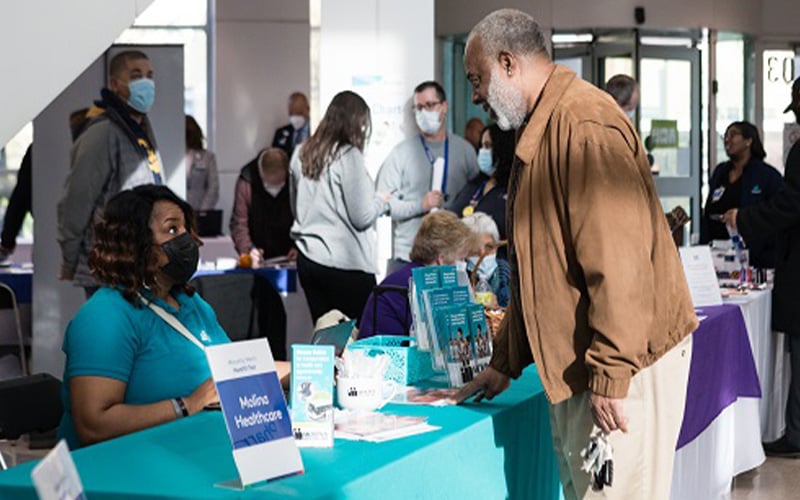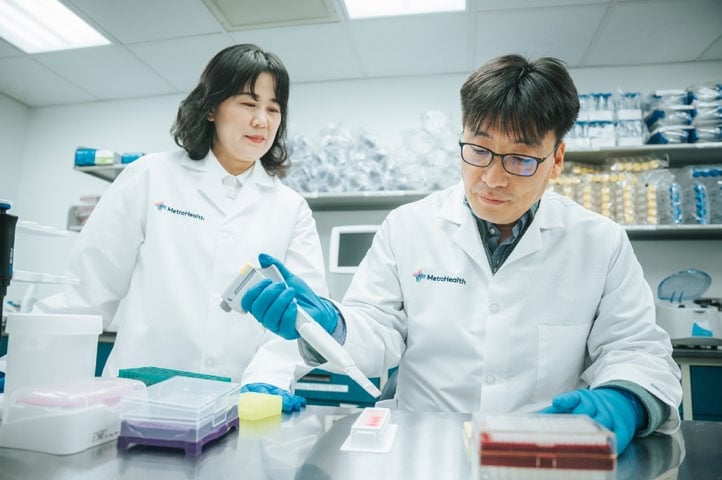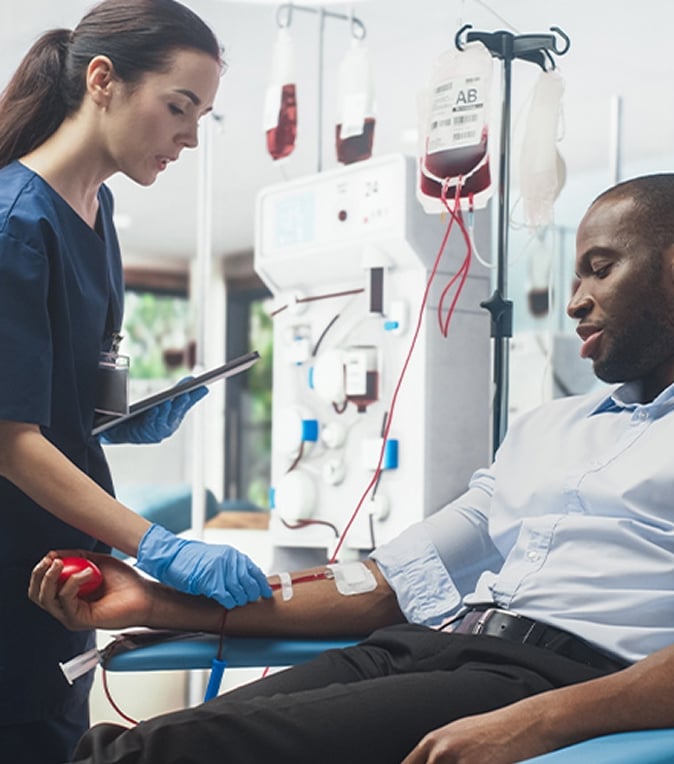Unmatched Prostate Cancer Care in Cleveland
Prostate cancer is the most common non-skin cancer in men, with about 1 in 8 men diagnosed with prostate cancer in their lifetime. It’s important to get screened for prostate cancer—at age 40 for men at highest risk due to family history, at age 45 for African Americans, and at age 50 for men at average risk—so that our team can monitor the progression of the cancer to treat it appropriately.
Understanding Prostate Cancer
While 1 in 8 men will be diagnosed with prostate cancer in their lifetime, the likelihood of getting prostate cancer in a man’s lifetime is much higher. Prostate cancer—especially for men with higher testosterone levels—is a likely fact of life. While obesity and family history increase your chances of getting prostate cancer, many men will develop prostate cancer as they get older.
Regular screenings—starting between ages 40-50 based on your risk level—are important to detect changes in your PSA levels and help your provider determine if you require treatment.
Regular screenings are important
Screening for prostate cancer through a PSA—prostate-specific antigen—test can help detect prostate cancer. If you have prostate cancer, these screenings can also help your provider understand if the cancer is advanced and requires treatment.
Prostate cancer screening guidelines
![]()
At age 40, men at the highest risk should get a PSA test. This group includes men with more than one immediate relative who had prostate cancer younger than 65.
![]()
At age 45, men at high risk should get a PSA test. This group includes African Americans and men who have a father or brother diagnosed with prostate cancer younger than 65.
![]()
At age 50, men at average risk should get a PSA test.
Depending on your PSA levels in your latest test, you may need yearly testing or can be retested every two years.
Personalized Prostate Cancer Treatment
If you are diagnosed with prostate cancer, our team will work together to discuss your cancer and how to move forward with treatment. Some low-grade prostate cancers may not require treatment, instead we’ll monitor the cancer’s progression and suggest treatment when needed.
Your personalized treatment plan will depend on the stage of prostate cancer. Your provider may perform a biopsy to detect if your cancer is metastatic—or likely to spread.
Treatments may include:
- Surgery, including robotic surgery, which decreases recovery time and pain. We also provide innovative treatments such as targeted electroporation to destroy cancerous tissue while allowing healthy tissue to regenerate.
- Specialized radiation therapy, utilizing cutting-edge equipment to achieve the healthiest outcome and minimize side effects. Brachytherapy, or radioactive seed implantation, is available.
- Hormone therapy, including a range of medication to reduce testosterone levels or block testosterone’s ability to stimulate prostate cancer.
- Chemotherapy for advanced prostate cancer.
- Pluvicto, a radioactive medication to target prostate cancer that has spread or could spread to other parts of your body.
We encourage clinical trial participation, and will recommend appropriate trials to provide innovative therapies.
Recovering from Prostate Cancer
At MetroHealth, you’ll receive care from our oncology team, recognized by the American College of Surgeons for the highest possible level of training and expertise.

With You Every Step
MetroHealth cares for you on every step of your journey:
- You’ll benefit from integrated behavioral health services every step of the way, because mental health plays a vital role in well-being.
- We partner with American Cancer Society, The Greater Cleveland Food Bank, and other community organizations to provide support, resources, and care for patients and families.

Social Workers Available
MetroHealth provides a social worker to help patients navigate their cancer journey and connect with resources. Call 216-778-8204 to connect with a social worker.

The Gathering Place
MetroHealth partners with The Gathering Place to provide individual, group, and family support services, including nutrition and exercise programs, the Regina Brett Wig Salon, special programs, and legal or financial consultation.
Working Towards Health Equity
African American men are at higher risk for prostate cancer, being diagnosed earlier, having more aggressive forms, and dying more frequently from prostate cancer.
There are several factors, including:
- Family history
- Low representation in clinical studies
- Fewer screenings

MetroHealth is committed to working towards health equity.
One way we are working to provide more access to screenings is through the Men’s Health Fair, a yearly opportunity for men to receive screenings like a PSA test at convenient locations throughout Greater Cleveland.
Advancing Care Through Research
At MetroHealth, every oncologist participates in research, bringing advances in cancer care directly to your bedside. We address health disparities by enrolling people from minority populations in clinical trials at more than 4 times the national average.
For more information about our studies, or to enroll in a study that might be right for you, contact our oncology team at 216-77-TREAT.



A Team Dedicated to You
The MetroHealth Cancer Institute team is setting a new standard of cancer care in northeast Ohio. MetroHealth offers unmatched, state-of-the-art, and personalized cancer care.

